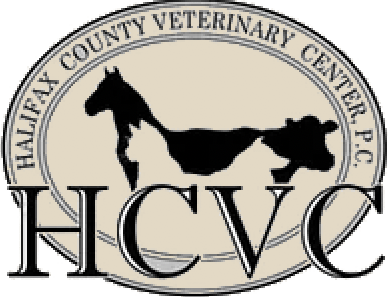Library
-
UroMAXX is a supplement used to support bladder and kidney function in cats and dogs. It has been used to support the treatment of urinary tract infections in cats and dogs. UroMAXX comes in oral chewable and liquid drop forms. It is used “off label” or “extra label”.
-
The uropygial gland (preen/preening gland or oil gland) is a normal part of most bird's anatomy. The preen oil is formed by the gland and helps coat a bird's feathers. Infections and tumors may affect the uropygial gland.
-
Ursodiol is given by mouth and is used off label to treat gallbladder and biliary liver diseases. Give as directed by your veterinarian. Side effects are uncommon, but may include diarrhea and mild discomfort. Do not use in pets that are allergic to it or other bile acid products, or in rabbits, guinea pigs, or rodents. If a negative reaction occurs, please call your veterinary office.
-
Urticaria or 'hives' is a common skin condition in which well-defined raised areas (lumps, wheals or rings) occur in the superficial dermis (an upper layer of the skin). Mostly these areas are quite small but in severe cases whole areas such as the face or one or more of the limbs may become swollen.
-
Treats are a wonderful way to provide positive reinforcement to your cat during a training session. Choose low-calorie foods such as green beans, zucchini squash, and watermelon. Avoid foods that are potentially harmful, such as chocolate, garlic, onions, raisins, grapes, macadamia nuts, and products that have xylitol. Limit high-calorie treats and keep treats within 10% of your cat's daily calorie intake. Keeping training sessions short and engaging while providing appropriate foods as treats can be a wonderful way to strengthen the human-animal bond.
-
Treats are a wonderful way to provide positive reinforcement to your dog during a training session. Choose low-calorie foods such as green beans, carrots, and watermelon. Avoid foods that are potentially harmful such as chocolate, garlic, onions, raisins, grapes, macadamia nuts, and products that may have xylitol. Limit high-calorie treats and keep treats within 10% of your dog's total daily calorie intake. Keeping training sessions short and engaging while providing appropriate foods as treats can be a wonderful way to strengthen the human-animal bond.
-
Every dog has wants and needs, including social interaction, physical exercise, intellectual exercise, and time to rest. When their needs are met predictably and enrichment is consistently available, dogs experience less stress and frustration and may be less likely to develop problematic behaviors.
-
Predictability and trust are important foundations for training your dog. Learning what your dog finds rewarding and strategically providing rewards at the right time will promote the desired behavior to happen more and more often. Punishment techniques using physical force and conflict can result in increased aggression and should be avoided.
-
Pets readily learn to engage in appropriate, desired behaviors through positive reinforcement methods. Reward-based training improves communication and provides enrichment for pets and people alike.
-
Muzzle Training for Dogs
Si el perro tiene tendencias agresivas, sería irresponsable poner en riesgo la salud de terceros por no tomar las precauciones adecuadas. La gente suele evitar a los perros con bozal, lo que reduce las posibilidades de que el animal se sienta provocado y ataque.


